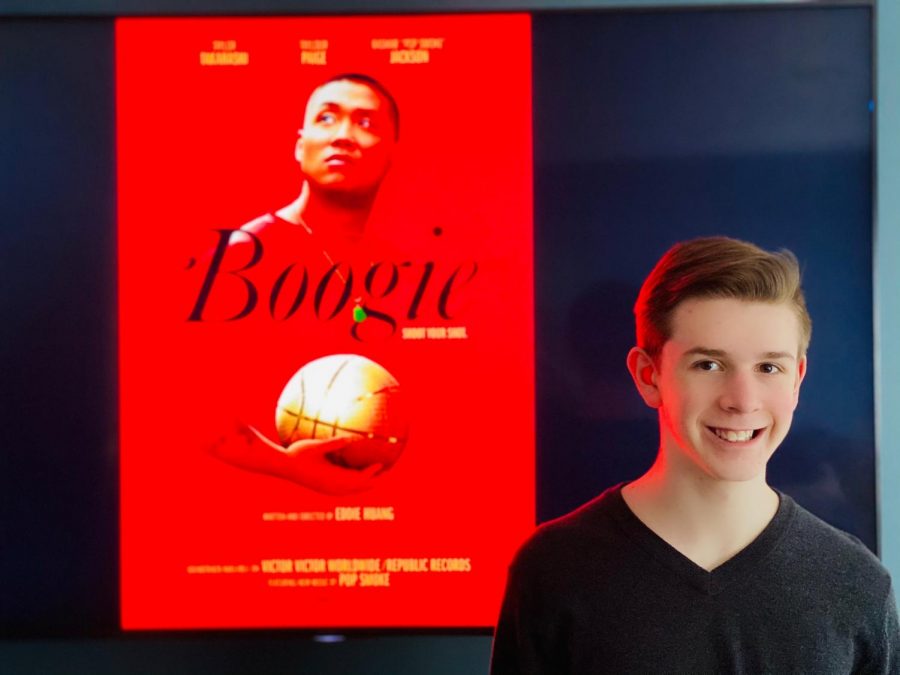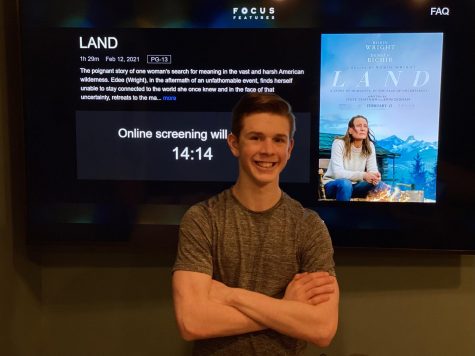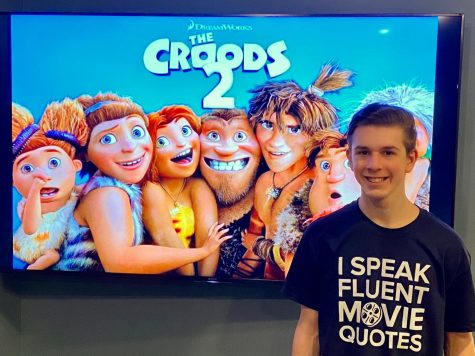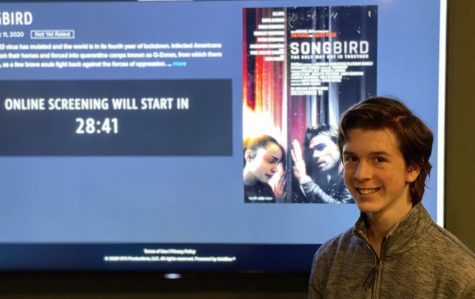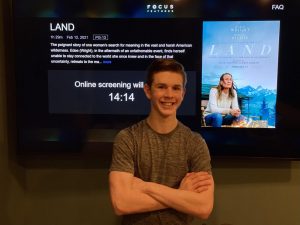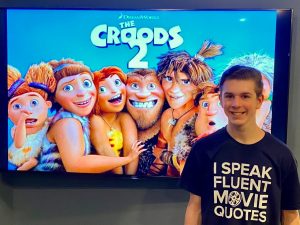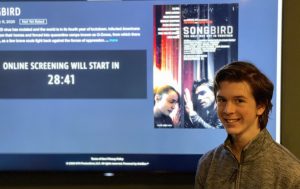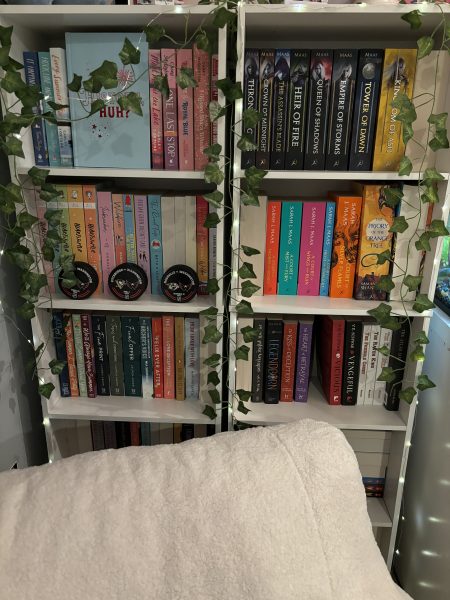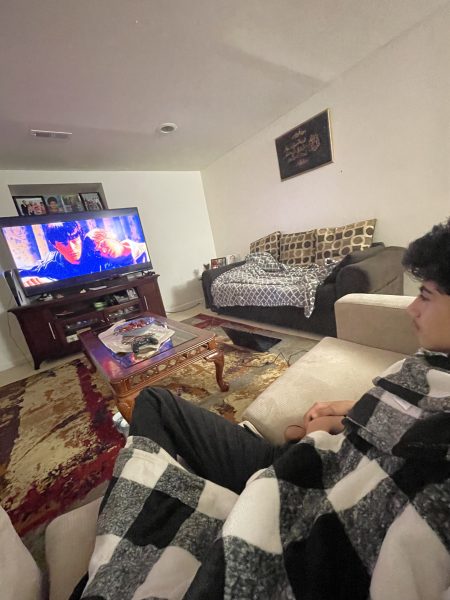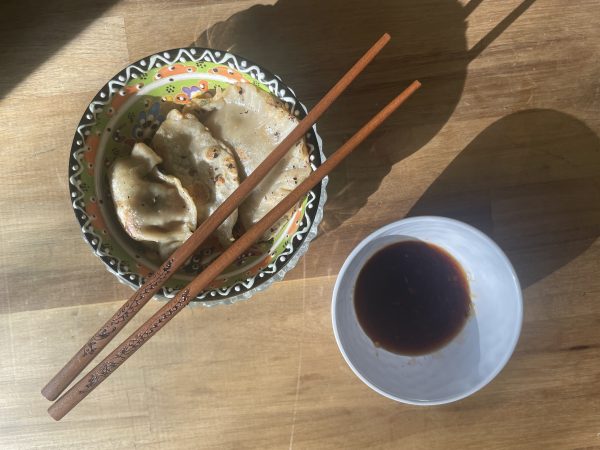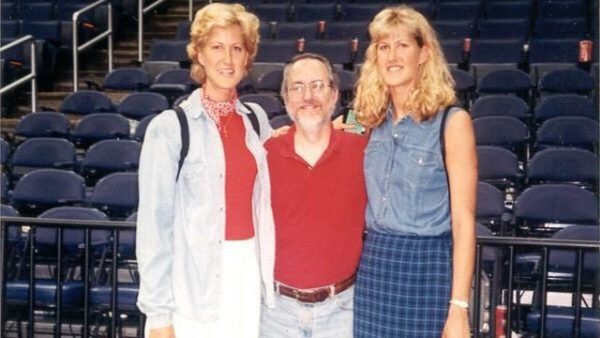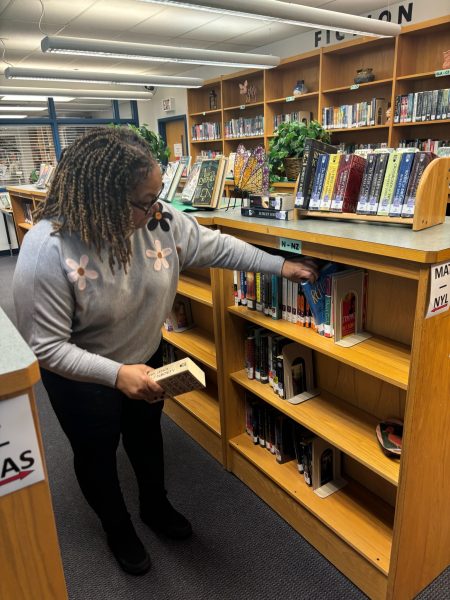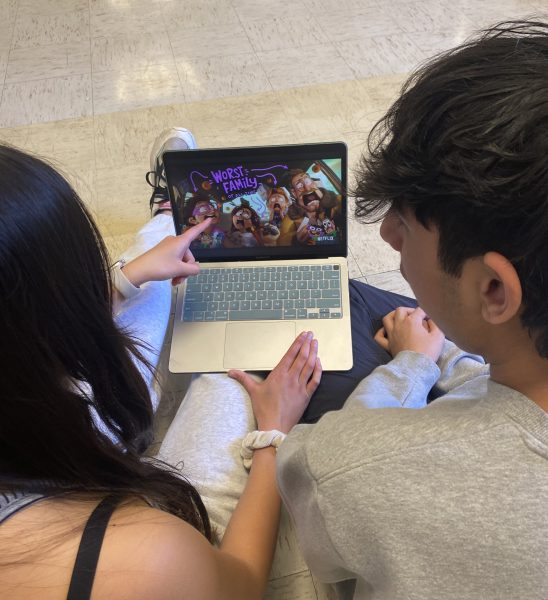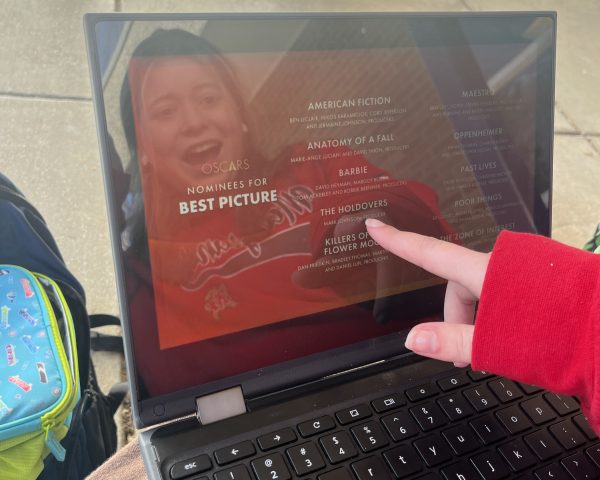Freedman’s Film Forum: “Boogie”
Junior Joshua M. Freedman watches an early premiere of “Boogie” from his home on Mar. 1.
What has the potential to be a powerful movie about culture and potential, “Boogie” ultimately amounts to an inappropriate and somewhat offensive film.
“Boogie” revolves around Alfred “Boogie” Chin (Taylor Takahashi), an 18-year-old first generation Chinese basketball player; Eleanor (Taylour Paige), Chin’s girlfriend; and Monk (Bashar “Pop Smoke” Jackson), the most talented basketball player in Queens, New York. While Chin has dreams of playing in the National Basketball Association, his parents place a heavy emphasis on him receiving a scholarship to a top 10 school.
When I saw the trailer for “Boogie,” I was genuinely excited to watch the film, as it appeared to be suspenseful and inspirational. However, apart from the fact that I found the storyline to be predictable, for a movie that was advertised as being about an Asian basketball player, there was an underwhelming amount of footage of Chin actually spending time on the court.
The primary reason I did not enjoy watching “Boogie” was because of how inappropriate the screenplay was. While I have enjoyed movies that were rated “R” for language and sexual references, all of that content in those movies served to enhance the storyline or build up character. Conversely, the excessive language, drug references, sexual innuendo and misogynistic remarks served no purpose in the film and ultimately created a vulgar undertone.
Not only is there a copious amount of this type of language, but the fact that it was promoted by teenagers made it far worse. For instance, when one character attempted to “make a move” on another character, rather than starting a friendly conversation or complimenting them, they decided to shout an ostentatious remark about their genitalia. This type of behavior was promoted when the two characters began dating, which puts forth the lesson that being blunt and inappropriate is an effective way to make someone fall in love with you.
It was as if Eddie Huang, the film’s writer and director, attempted to use every “bad boy” stereotype he could muster when creating his characters, as the activities and dialogue shared by the characters are not at all aligned with how the majority of high school students behave. Moreover, all of the cast members who played high school students were significantly older than the characters they portrayed.
While it is a normal tactic for films to include actors who are either older or younger than their actual characters, it was as if no effort was made to conceal the fact that some of the actors in “Boogie” were decades older than high school students. For example, Paige is 30 years old, and Takahashi is 28 years old (while both of the characters they play are only 18 years old).
Although I thought the acting sufficed, it was hard for me to believe the story when I was supposed to be just one year younger than the main characters and saw them much larger than me, clearly much older than me and much more tattooed than any high school student I know.
A major goal of “Boogie” is to educate audience members about Chinese culture, which I think is not only a great idea, but also extremely relevant. Unfortunately, the screenplay seemed like Huang read a child’s English paper about what it was like being Asian American and turned it into a movie. I would like to make clear that it is not my right to determine what is and what is not offensive to a culture I am not a part of, but in my modest opinion, I felt that there were an overwhelming amount of forced stereotypes and scenes that would never happen in real life.
To elaborate, rather than the Chinese characters adhering to their traditional values simply by performing them, they would explain every single action they took to those around them in a way that sounded agonizingly forced. It was as if Huang thought his audience would not be able to understand what was happening on screen unless the characters explicitly explained every action they took.
Numerous times in the film non-Asian characters would say phrases such as “that was the most Asian thing you’ve ever said,” or “Don’t go all Asian now.” Even the Chinese characters would say offensive statements to one another.
In a time where Asian Americans are having to endure hate crimes and racism in its rawest form, I believe that a movie is needed to elevate Asian stories and inspire non-Asian Americans to appreciate the Asian community. Unfortunately, “Boogie” only seems to enforce stereotypes and glorify inappropriate behavior for teenagers.
While “Boogie” could have amounted to a powerful film, it fell as flat as a deflated basketball and is not a movie I would recommend for a high school audience.
Your donation will support the student journalists of Thomas S. Wootton High School. Your contribution will allow us to purchase equipment and cover our annual website hosting costs.
Joshua M. Freedman is a 2022 graduate.


